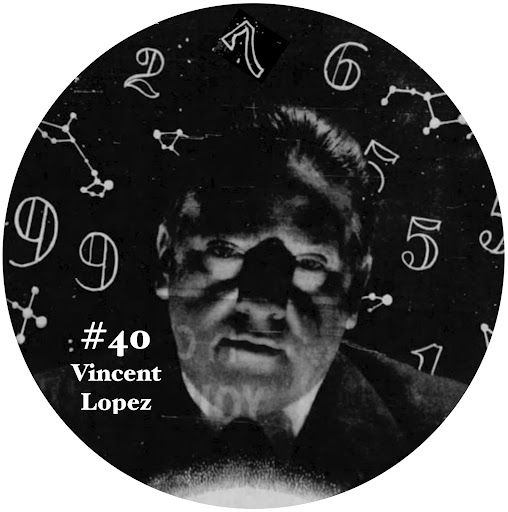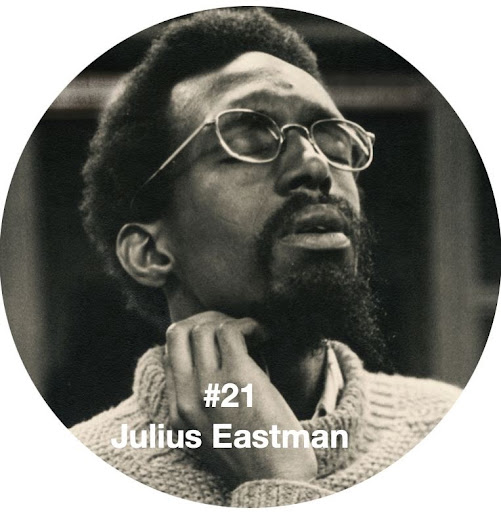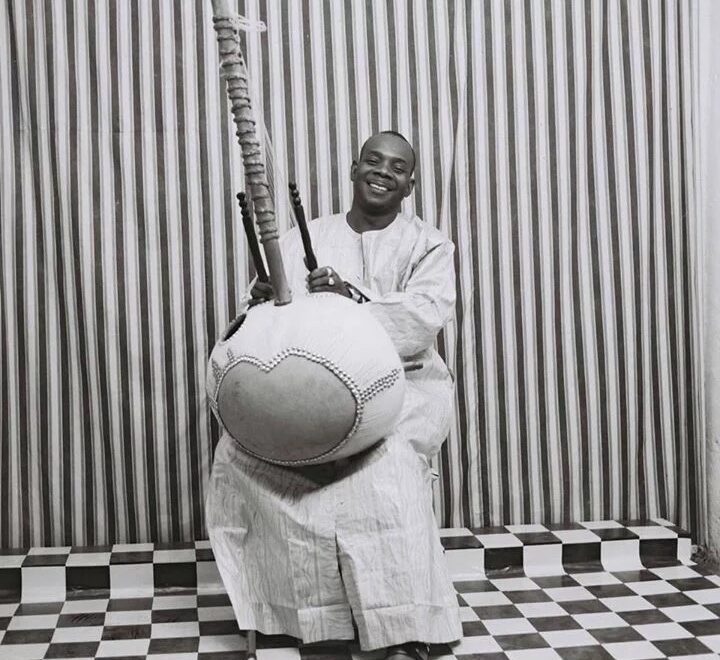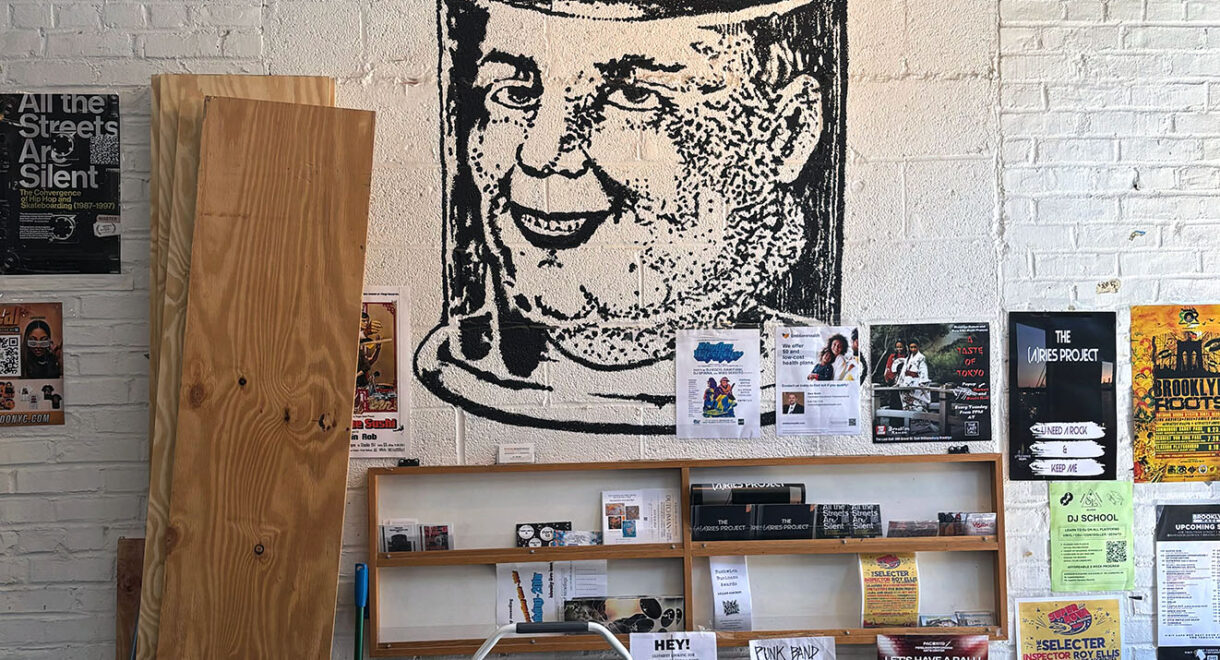A portable listening party with George the Poet and producer Benbrick. In the genre-bending BBC podcast “Have You Heard George’s Podcast,” George the Poet and producer Benbrick combine […]
Listen: The Secret Sound explores the minds of musical mystics and outsider composers

Matt Marble’s podcast is a fascinating dive into the esoteric history of musical spiritualism.
If you’re reading this, there’s a good chance you don’t need to be convinced of music’s mysterious, magical powers. One drop of the needle onto a sublime record is proof enough: From the moment of the first beat, organized, intricately patterned sound waves, delivered at various frequencies, storm into your ear canals, activate your eardrums and overwhelm your neurons with new energy until the last tone of the coda. That’s wild.
The how and why of this mystikal feat has been the obsession of scientists, philosophers, musicians and soothsayers for millennia. Too much of this esoteric theorizing, however, remains buried in libraries, lying in wait to be discovered and resurrected by present-day explorers.

The writer, musician and podcaster Matt Marble is one such deep diver, and his obsession-worthy podcast The Secret Sound will ferry you into the minds of musical mystics, outsider composers and incredibly strange tonal ideas from across the centuries. The author of the crucial 2020 book “Buddhist Bubblegum: Esotericism in the Creative Process of Arthur Russell,” Marble obsesses over history’s obsessed in the podcast.
One recent episode, “The Ghost Dance: Wovoka,” typifies Marble’s approach, which is rich with detail and exhaustively researched.
Writes Marble in the episode’s synopsis:
A descendent of the Numu language family and Paiute tribe in Nevada, Wovoka had a vision in 1889 in which he visited heaven and communed with the spirits of his ancestors. The spirits told him that by performing the “Ghost Dance,” the white man’s violent oppression would subside and the native tribes would thrive following an apocalyptic resurrection of Native life. The rapid spread of the Ghost Dance across the nation was so threatening to white oppressors that it compelled them to even greater atrocities, resulting in the Massacre at Wounded Knee in 1890.
Episode #24, The Song of the Violet Flame, involves harpist, composer, and religious leader Lotus Ray King, who, writes Marble, founded a movement called I AM. One account described it as “a dangerous form of ‘psychic dictatorship.’”
Marble:
Claiming to be messengers of invisible “ascended masters,” the Ballards earned over a million followers and significant wealth through their classes and mail order teachings. Lotus composed much of the music for the movement, often arranged for variations of harp, organ, celesta, chimes, choir, and orchestra.

Julius Eastman’s heartbreaking story is the subject of “A Wandering Monk,” about, Marble writes, “the brilliantly black, queer, composer, dancer, conductor, pianist, and grammy-nominated singer—Julius Eastman.” Marble writes that “Eastman’s radically beautiful music was tied to a lifelong religious drive.”
Behind his transgressive often wild persona, Eastman aspired to wisdom and liberation, striving as he said, to be “black to the fullest, a musician to the fullest, and a homosexual to the fullest.” After years of homelessness, drug addiction, starvation, and mental issues, Eastman died in 1990, alone and forgotten. His music wasn’t rediscovered until almost 15 years later.
Each episode of The Secret Sound is an epiphany. Best, unlike many (well-intentioned but) overlong slogs filling podcast platforms, Marble knows how to tell – and edit – a story.
In 2020, dublab invited Marble to host a two-hour show dedicated to music from “The Secret Sound.” It’s a fascinating listen.










